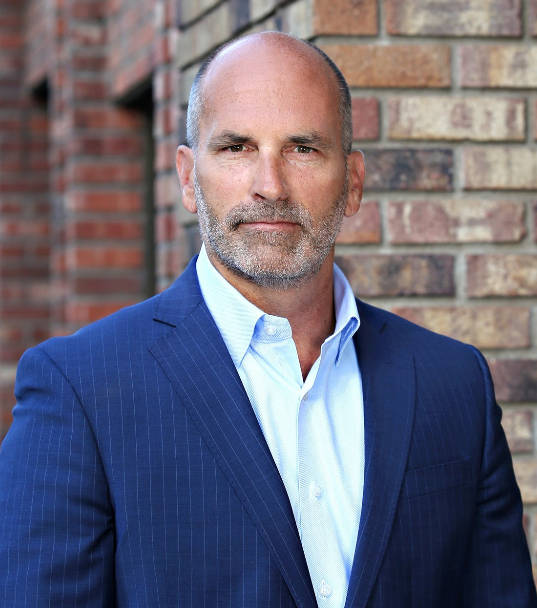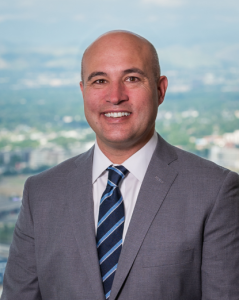As labor shortages continue to impact companies across industries, businesses are shifting their focus to employee retention. According to Bank of America’s recent Workplace Benefits Report, 46% of employers have seen an increase in resignations over the past year while one in three employees have switched jobs or thought about switching jobs. Colorado’s labor force participation rate dropped to 69.2% in November 2022 and according to some media reports, Colorado’s unemployment rate could go to 9.4% next year. That’s why it’s more important than ever to retain your workforce.
READ: Guest Column — Helen Young Hayes Talks Talent Pipeline Disruption
Our research shows employees are significantly stressed by current economic conditions, leading to a decrease in their feelings of personal financial wellness. The percentage of employees who feel financially well hit a five-year low in July 2022. Perceptions of financial wellness are also impacted by ethnicity, gender, and generational factors. For instance, women continue to trail men in their feelings about financial wellness and preparedness, and employees of color report significantly lower feelings of financial wellness compared to white employees.
Many leaders already feel responsible for their employees’ financial well-being. However, as employers address record levels of turnover amid a period of economic uncertainty, it is more important than ever to provide additional support and resources. What can leaders do to retain their workforce? A vast majority of employers now say that offering financial wellness tools can reduce employee attrition, and wellness tools can help attract higher-quality employees. To help retain your workforce, you should consider the following:
Embrace employee financial wellness and expand support.
Given higher than usual inflation, employees are feeling the pinch financially. Employers should embrace programs, such as financial coaching and digital tools that help employees better plan and manage their finances. For example, 91% of companies see higher employee satisfaction when they offer resources to manage overall wellbeing. Companies that take it a step further and broaden their wellness programs to include mental and physical wellness resources see noticeable improvements in productivity, employee stress, morale, creativity, and innovation.
READ: The Top 5 Ways You Can Support Mental Health in the Workplace
Providing access to investment advice.
Employees are eager to invest and grow their wealth, which can be an intimidating process. Four-in-ten employees say they want access to advice from an investment professional. Armed with that knowledge, 62% of employers now offer employees access to investment advice services. Whether it’s an internal team or external partner, give your team the tools they need to feel confident in financial decisions.
Focusing on health care education.
84% of employers feel very responsible for their employees’ understanding of retirement healthcare needs and costs, and 89% of employers who offer Health Savings Accounts (HSAs) contribute to their employees’ savings. Yet, only 54% of employers communicate about these topics at least once a year. There’s a big opportunity to improve communication and educate employees about their healthcare benefits. Take the time to remind them about their options, especially as you gear up for open enrollment.
Equity grants are powerful recruitment and retention incentives.
As an employer, you have insight into compensation and should regularly review pay and conduct an equity analysis. 76% of employers believe equity compensation is a differentiator for employee recruitment and retention, and 44% of employees who participate in equity compensation plans say it was an important reason for accepting the job.
The Bottom Line
Employers serve as significant advocates for their company and work, which is why it’s important that they have the resources and tools to bring their best selves to work. Employers can help by taking the initiative and give your team the tools to not only survive but retain your workforce in this new world of recruiting.
 Ty M. Aslin is the Colorado Market Executive for Business Banking at Bank of America
Ty M. Aslin is the Colorado Market Executive for Business Banking at Bank of America


